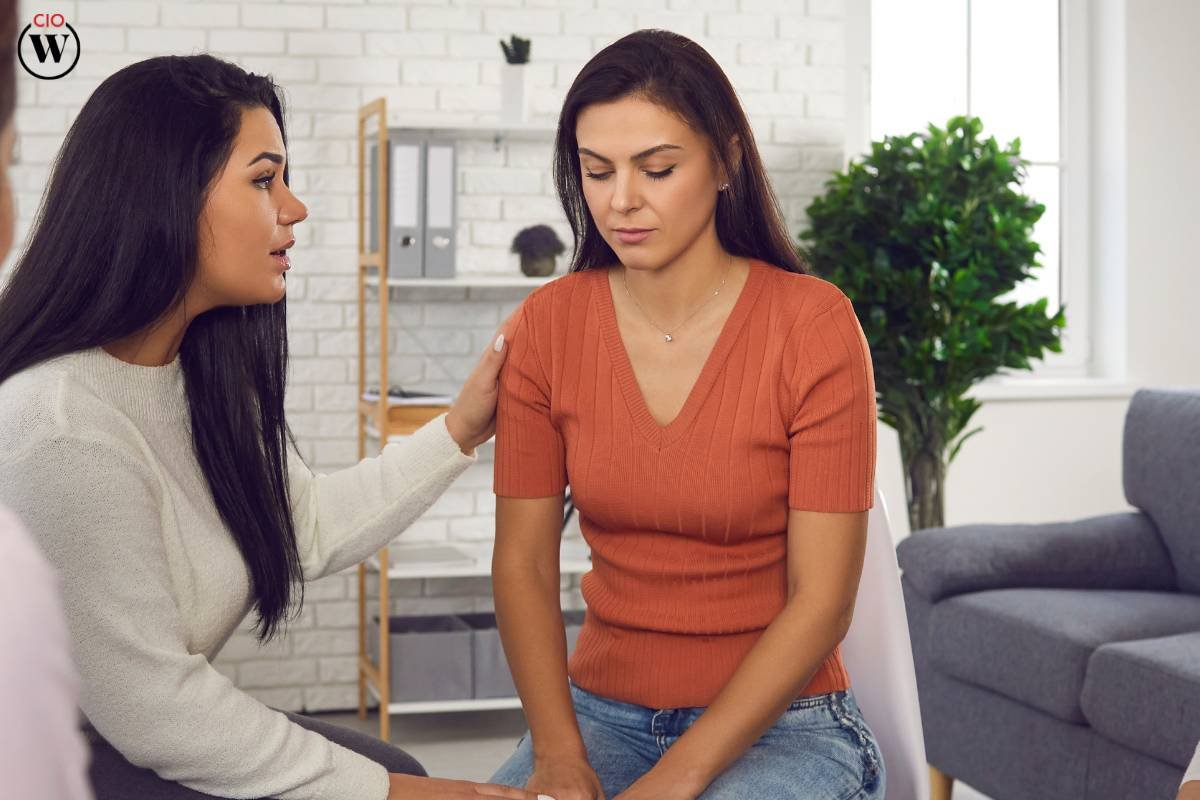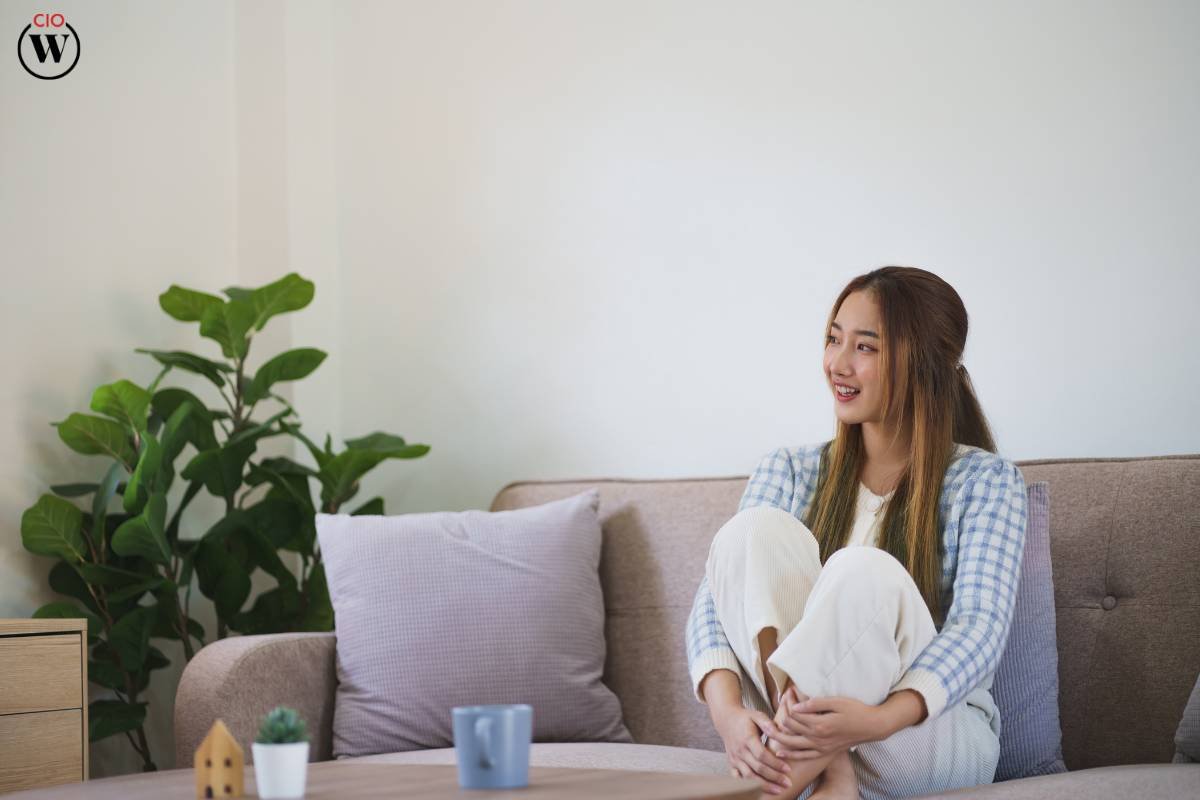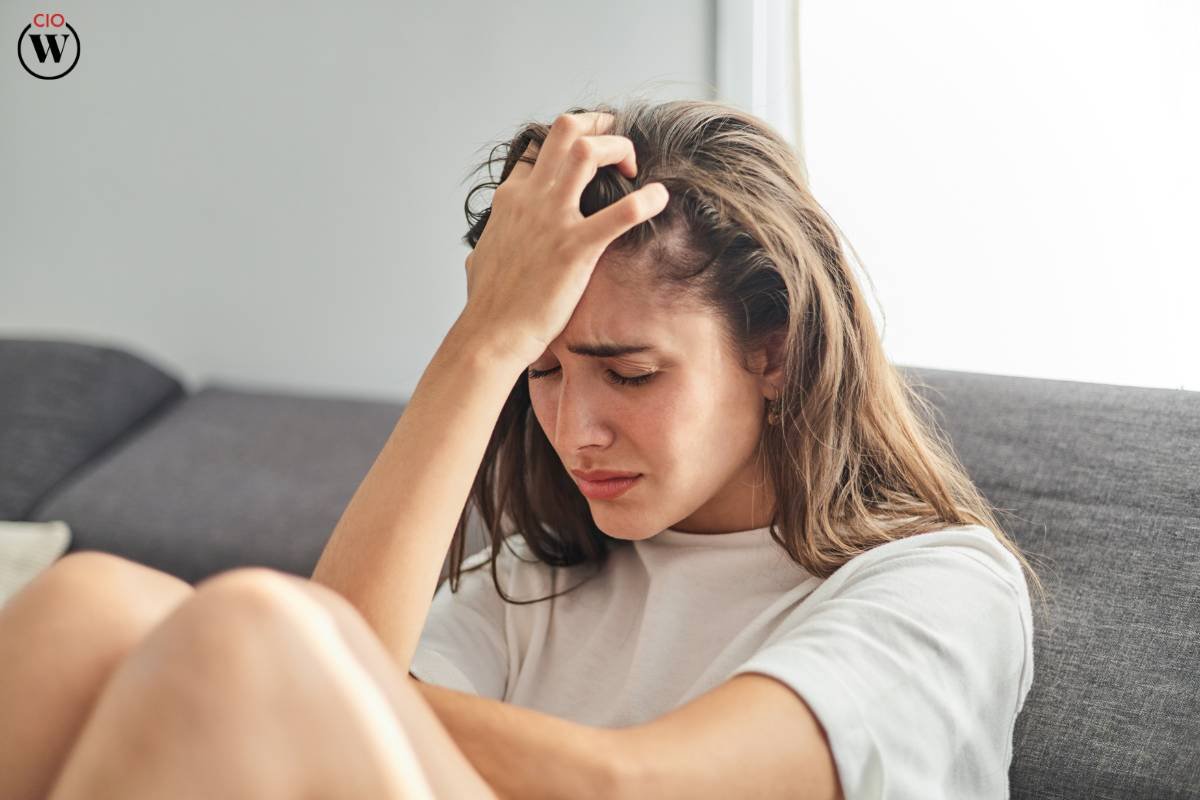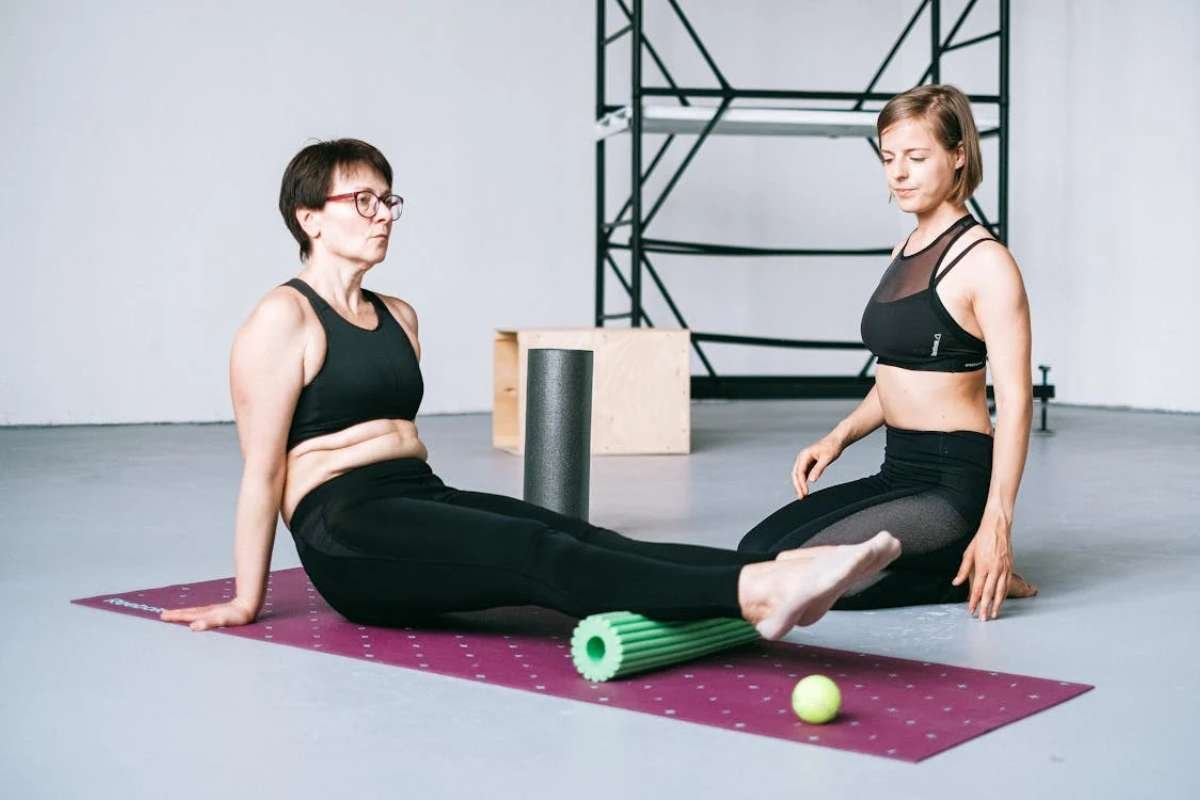Anxiety is a common yet often misunderstood experience that affects millions of women across various stages of life. Whether triggered by stress at work, family responsibilities, or societal pressures, the effects of anxiety can be overwhelming and isolating. In this blog, we will explore essential womens anxiety coping strategies, highlighting the importance of recognizing one’s feelings and creating a supportive network.
From practical mindfulness techniques to the benefits of professional help, this guide aims to empower women to take charge of their mental health and foster resilience in the face of anxiety. Join us as we delve into practical advice and share inspiring stories that illustrate the journey of coping with anxiety and embracing well-being.
Here are practical womens anxiety coping strategies:
1. Professional Help: Therapy and Other Resources
Seeking professional help is a crucial step for many women in managing anxiety effectively. Therapy offers a safe space to explore feelings, identify triggers, and develop womens anxiety coping strategies tailored to individual needs. Various therapeutic approaches, such as Cognitive Behavioral Therapy (CBT), can provide women with practical tools to challenge negative thought patterns and improve emotional regulation.
Local psychologists and counselors, as well as online therapy options, are available for those seeking support. Whether you need an anxiety psychologist in Brisbane or a virtual session with a therapist in New York, it is essential to find a professional who understands your unique experiences and creates a safe and non-judgmental environment for healing. Beyond therapy, there are also numerous resources available for women coping with anxiety.
2. The Importance of a Support Network
Building a strong support network is instrumental in coping with anxiety. Women often face unique challenges, and having a circle of friends, family, or support groups can provide critical emotional backing. Sharing experiences and feelings with trusted individuals can alleviate the sense of isolation that often accompanies anxiety.

A supportive network not only offers empathy and understanding but also encourages accountability and motivation for seeking help when needed. Engaging with others who may have similar experiences can lead to valuable insights and womens anxiety coping strategies. Whether through regular coffee dates, online forums, or local meetups, fostering connections within a supportive community can significantly enhance a woman’s ability to manage anxiety and promote overall well-being.
3. Common Triggers of Anxiety in Women
Understanding the common triggers of anxiety can empower women to recognize their own experiences and seek appropriate womens anxiety coping strategies. Many women report that significant life changes, such as marriage, childbirth, or career transitions, can provoke feelings of anxiety as they navigate new responsibilities and expectations. Social pressures, including the desire to meet societal ideals of success and beauty, can also contribute to heightened anxiety levels.
Additionally, relationship dynamics, whether with partners, family members, or colleagues, can create stress and anxiety if not managed effectively. Hormonal fluctuations can impact mood and anxiety, particularly during menstruation, pregnancy, and menopause. By identifying these triggers, women can better prepare themselves to cope and seek support when necessary.
4. Recognizing Symptoms: When Anxiety Becomes Overwhelming
Recognizing the symptoms of anxiety is a crucial step for women in understanding when their feelings may be transitioning from manageable stress to something more overwhelming. Common physical symptoms include increased heart rate, shortness of breath, and muscle tension, which can manifest alongside emotional symptoms such as persistent worry, irritability, and difficulty concentrating. Women may also experience changes in sleep patterns, including insomnia or excessive sleepiness, which can exacerbate feelings of anxiety.

It’s important to pay attention to these signs and acknowledge when they interfere with daily life. Understanding that these symptoms are valid and acknowledging their impact can guide women toward seeking help and implementing effective womens anxiety coping strategies. If anxiety becomes unmanageable, recognizing these symptoms early can facilitate timely intervention, allowing women to reclaim their emotional well-being and navigate life’s challenges more effectively.
5. Mindfulness Techniques for Managing Anxiety
Mindfulness techniques can be powerful tools for women seeking to manage anxiety. By promoting present-moment awareness, mindfulness helps individuals break the cycle of anxious thoughts. One effective technique is mindful breathing, which involves focusing on the breath to anchor oneself in the present. This can be practiced by taking slow, deep breaths, counting to four on the inhale, holding for a moment, and then exhaling for a count of four.
Another valuable practice is body scanning, where women mentally check in with different parts of their body, acknowledging areas of tension and consciously relaxing them. Additionally, engaging in mindful walking—focusing on the sensations of each step and the environment—can combine physical movement with mindfulness, enhancing overall well-being. Incorporating these techniques into daily routines can foster a sense of calm, helping women cultivate resilience against anxiety and promoting a greater connection to themselves and their surroundings.
6. Building Long-Term Strategies for Mental Wellness
Creating sustainable mental wellness strategies is essential for women coping with anxiety. This involves developing consistent practices that promote emotional resilience and overall well-being. One effective approach is establishing a daily routine that prioritizes self-care. Incorporating regular physical activity, whether through yoga, walking, or engaging in a favorite sport, can significantly improve mood and reduce anxiety levels. Additionally, a balanced diet rich in nutrients can support brain health and emotional stability.
Meditation practices and journaling should also be integral to this long-term strategy. Setting aside time each day for meditation can build mental clarity and decrease anxiety. Journaling is another beneficial activity, providing a space to express thoughts and feelings, reflect on experiences, and track progress over time.

Finally, continuous education about mental health can empower women by equipping them with knowledge about their experiences, leading to more informed decisions about their well-being and a proactive approach to managing anxiety long term.
Coping with anxiety is a journey that requires patience, self-awareness, and support. By seeking professional help, building a supportive network, understanding triggers and symptoms, and implementing mindfulness techniques and long-term womens anxiety coping strategies for mental wellness, women can effectively manage anxiety and foster resilience in all aspects of their lives. Remember to prioritize self-care and reach out for help when needed. With the right tools and support, women can learn to navigate anxiety with strength and determination, leading to an overall sense of well-being and empowerment.









